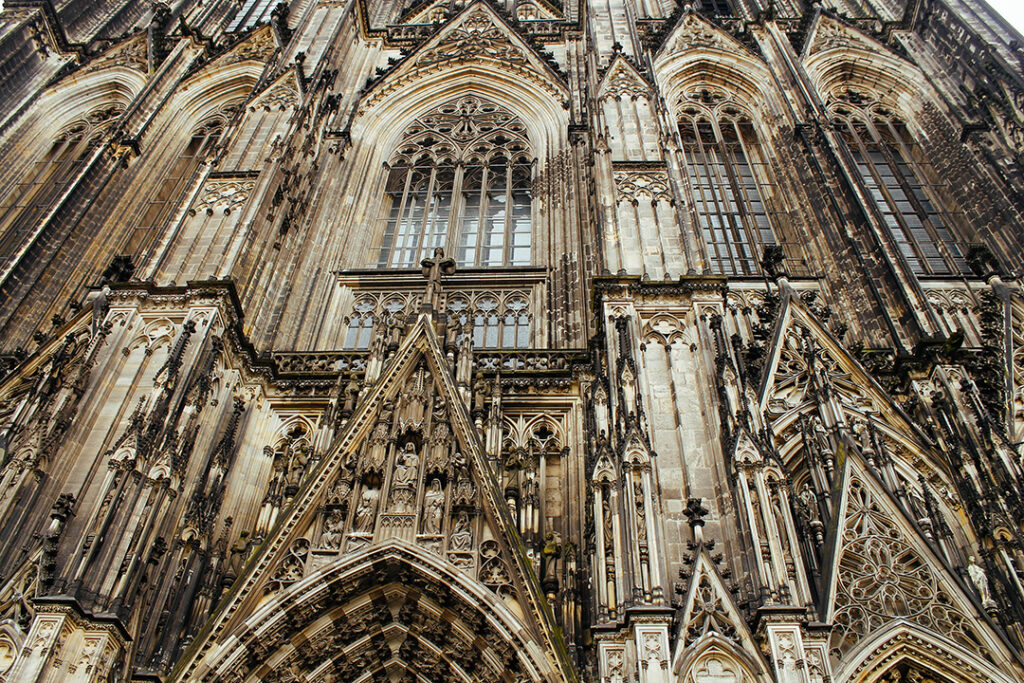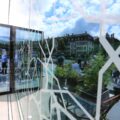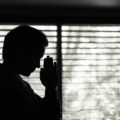The German Synodal Way on the EARS dashboard
The German Synodal Way on the EARS dashboard
Challenges and opportunities arise for the German Catholic Church in the Synodal Way. Explore the EARS dashboard for insights on this topic.
The EARS dashboard
The EARS dashboard provides users with an opportunity to investigate trends connected to religion and society in Europe. Over the course of the previous year, our team of analysts has generated more than 2,000 synopses of significant news stories from European media. By utilising the dashboard, individuals can gain insight into the prevalence of various themes, their interconnection with other subjects, and their correlation to present-day global occurrences.
In our news summaries, the Synodal Way has become a recurring topic, reflecting its growing significance as a potential driver for change in the German Catholic Church.[1] In the past 12 months, the term ‘Synodal Way’ has been tagged in 23 article summaries on the EARS dashboard. By checking the ‘countries’ tab on the dashboard, we can observe that this tag has been used to categorise articles that cover different European countries. But what precisely does ‘Synodal Way’ mean and what are its origins?

The German Synodal Way: what does that mean?
The Synodal Way was initiated by the German Bishops’ Conference and the Central Committee of German Catholics in 2019 and is expected to conclude in 2023. The process involves a series of consultations and assemblies involving bishops, theologians, laypeople, and other experts, with the aim of developing concrete recommendations for Church reform.[2]
The process is aimed at addressing key issues facing the German Catholic Church, such as celibacy, women’s role in ministry, and the handling of sexual abuse cases. This process has brought unique challenges for the German Church, as it has been met with resistance from some within the Church hierarchy and has highlighted divisions between traditional and progressive Catholics.[3]
A path to change?
The Synodal Way in Germany represents an opportunity for the Catholic Church to engage in open and constructive dialogue on important issues that are central to the faith and the Church’s mission – as some dashboard summaries show. For example, an article titled Unsurprising call for change is heard in Germany from August 2022 can be found on the dashboard.[4]
One of the main benefits of the Synodal Way is that it creates a space for diverse voices and perspectives to be heard within the Church. By engaging in open and honest dialogue, participants are able to share their experiences and insights, identify areas of agreement and disagreement, and work together to develop proposals for change that reflect the needs and aspirations of the Catholic community in Germany. This process of consultation and collaboration can help to build consensus and foster a sense of shared ownership over the future of the Church.[5]
Moreover, the Synodal Way represents an opportunity for the Catholic Church to demonstrate its willingness to adapt and evolve in response to changing societal and cultural norms. By addressing issues such as the role of women in the Church, the initiative signals a commitment to greater inclusivity and a recognition of the importance of diversity within the faith. This, in turn, could help to attract new members and strengthen the Church’s relevance in a rapidly changing world.[6]
In conclusion, while the Synodal Way is not without its challenges and controversies, it represents an important opportunity for the Catholic Church in Germany to engage in constructive dialogue and develop proposals for change that reflect the needs and aspirations of its members. By embracing this process of consultation and collaboration, the Church can demonstrate its willingness to adapt and evolve, and build a stronger, more inclusive community of faith.[7] [8]
Tension and conflict
However, the Synodal Way has faced significant pushback from some within the Church hierarchy, who argue that the process risks undermining Church teaching and authority. This tension has highlighted broader divisions within the Church between more traditional and progressive Catholics.[9] Some dashboard summaries illustrate this problem, for example Vatican gives German ‘Synodal Way’ a striking slap on the wrist from July 2022 or Pope: Do not need two evangelical churches from July 2022.[10]
Those who oppose the Synodal Way argue that the Church’s teachings are not up for debate, and that any changes or modifications to doctrine must be made in accordance with the established procedures of the Church. They also express concern that the process may be hijacked by progressive groups seeking to promote agendas that are not in line with Church teaching.[11]
On the other hand, supporters of the Synodal Way see it as a way to address the needs and concerns of modern Catholics, and to open up dialogue on important issues that have long been ignored. They argue that the Church must evolve and adapt to meet the needs of its members in the modern world, and that the Synodal Way is a way to do so.[12]
The tension between these two camps highlights broader divisions within the Church between those who advocate for traditional values and practices and those who seek to modernise the Church and its teachings. These divisions have been present for decades and have been exacerbated by recent events such as the sexual abuse crisis and the increasing calls for gender equality and inclusion within the Church.[13]
International attention
As the EARS dashboard shows, the Synodal Way has become a topic of international interest, with many seeing it as a potential model for other Catholic communities around the world. By emphasising the importance of dialogue and consultation with diverse stakeholders, the Synodal Way offers a unique approach to addressing critical issues facing the Church.[14]
The international attention garnered by the Synodal Way reflects a growing recognition of the need for more participatory and collaborative approaches to Church reform. By involving laypeople, theologians, and other experts in the decision-making process, the Synodal Way offers a model for creating more inclusive and responsive Church structures.[15]
As the Catholic Church continues to grapple with complex issues such as the role of women in ministry and the handling of sexual abuse cases, the Synodal Way provides a roadmap for meaningful and lasting change. By engaging in open and honest dialogue, the Church can develop innovative and effective solutions that better serve its members around the world.[16]
Learn more on the EARS dashboard
The EARS dashboard allows you to gain insights into many topics, including those described above. It is a free tool that allows you to make connections like those described above, and to find out about relationships between interesting subjects across Europe. Please visit the dashboard to learn more.
Our team of analysts conducts research on topics relating to religion and society. Find out their relationships on the EARS Dashboard.
Sources
[1] Reformprozess der katholischen Kirche. Wohin führt der Synodale Weg?
[3] Bischof Bode: Synodaler Weg ist keine “große Täuschung”
[4] In Duitse ‘luisterfase’ synode klinkt weinig verrassende roep om verandering
[5] Welche Chancen haben die Reformbeschlüsse des Synodalen Wegs?
[6] Nachgefragt: “Welche Chancen bietet der ‘synodale Weg’ für nachhaltige Veränderungen in der katholischen Kirche, Frau Prof. Knop?”
[7] Religionssoziologin: Synodaler Weg entscheidende Chance für Katholische Kirche
[9] Endet der Synodale Weg im Konflikt mit dem Vatikan? “Das ging schon problematisch los”
[10] Vaticaan geeft Duitse ‘Synodale Weg’ opvallende tik op de vingers
[11] Endet der Synodale Weg im Konflikt mit dem Vatikan? “Das ging schon problematisch los”
[12] Wie weiter bei Reformen in der Kirche?
[13] Kirchenaustritte, Missbrauch und Diskriminierung: Schafft es die Kirche aus der Krise?
[14] Erfolg oder Schisma? Internationale Pressestimmen zum Synodalen Weg
[15] Symposium beleuchtet Synodalen Weg aus Sicht der Weltkirche “Es muss sich etwas tun”
[16] Symposium beleuchtet Synodalen Weg aus Sicht der Weltkirche “Es muss sich etwas tun”






